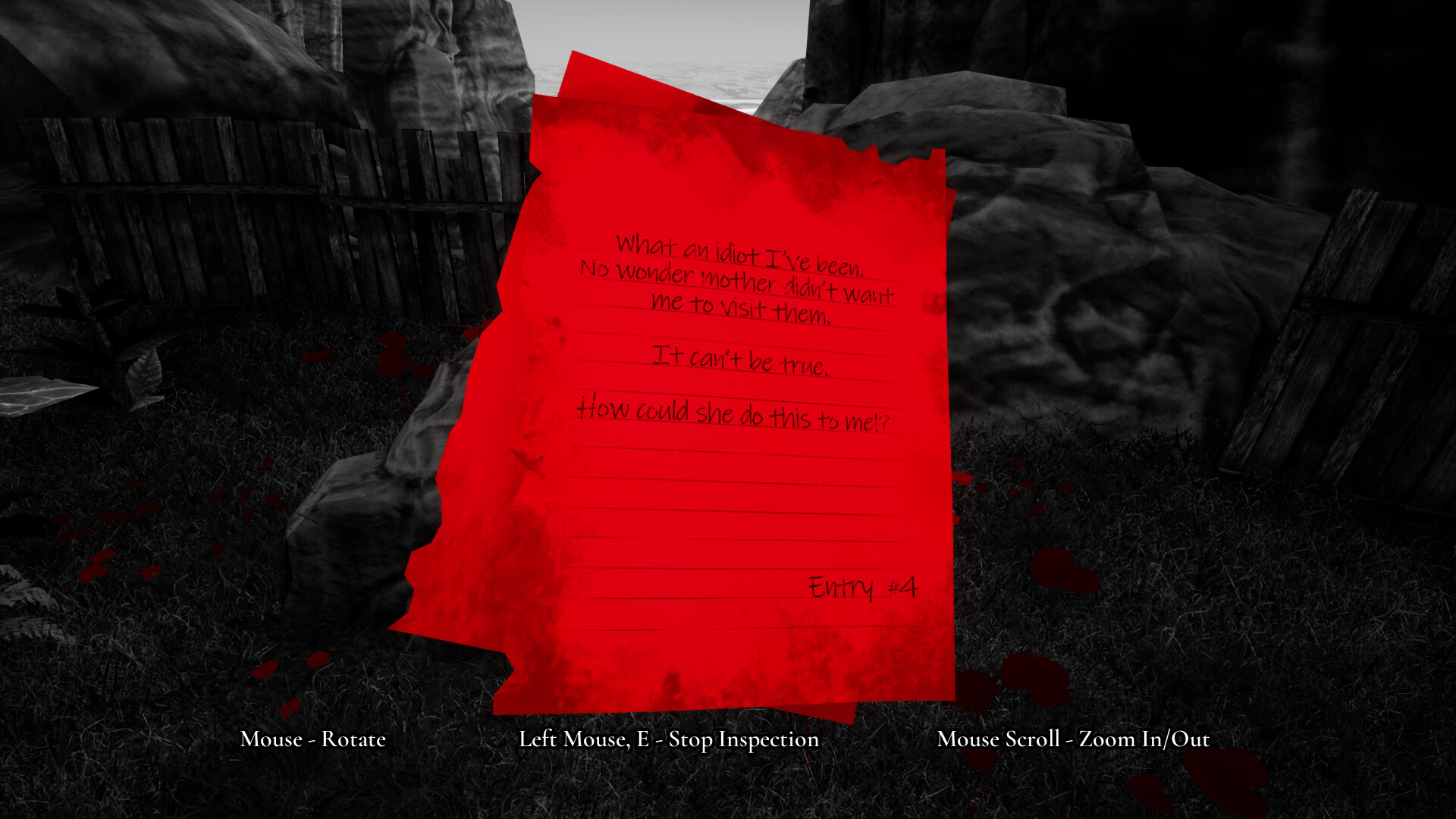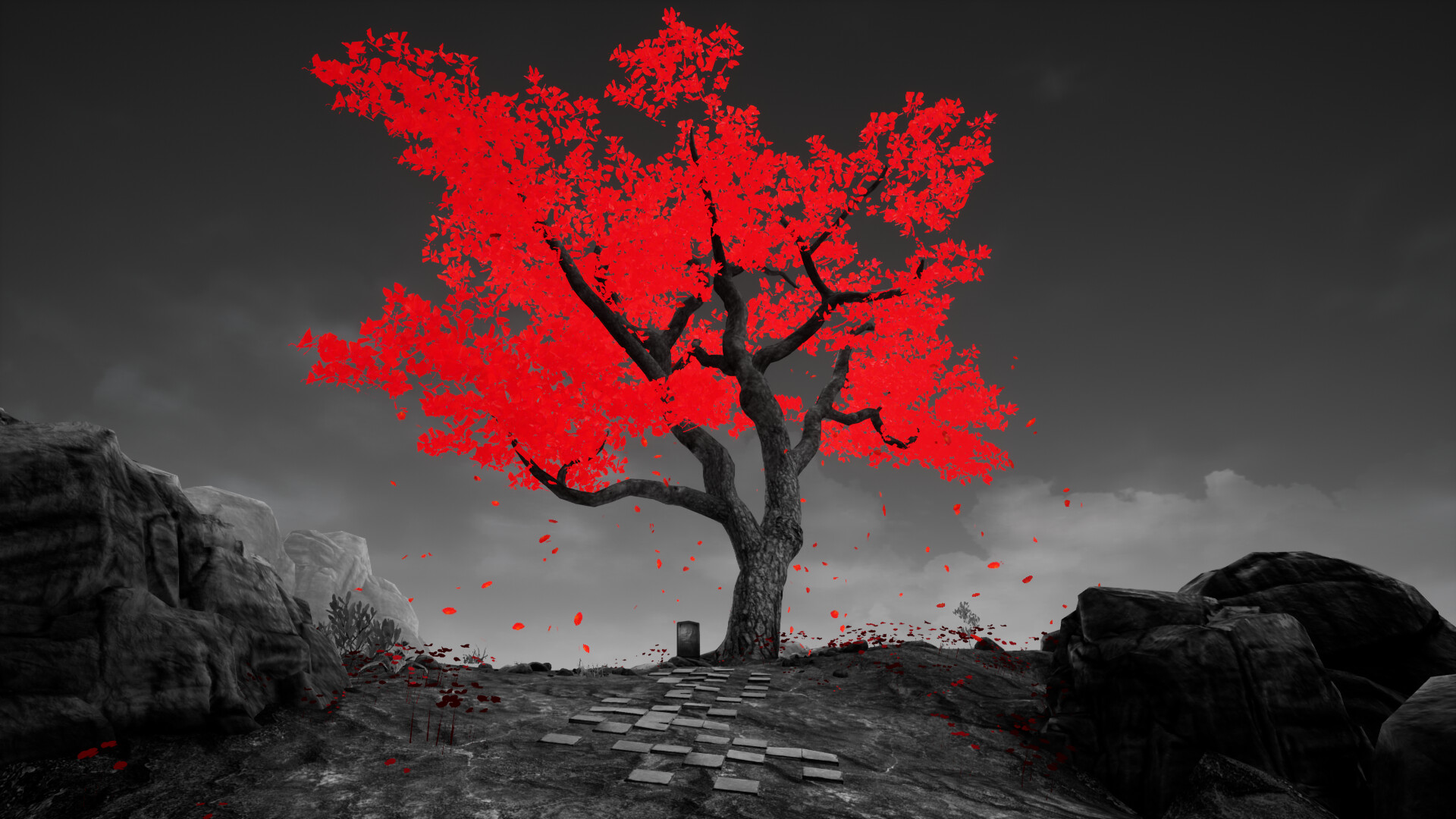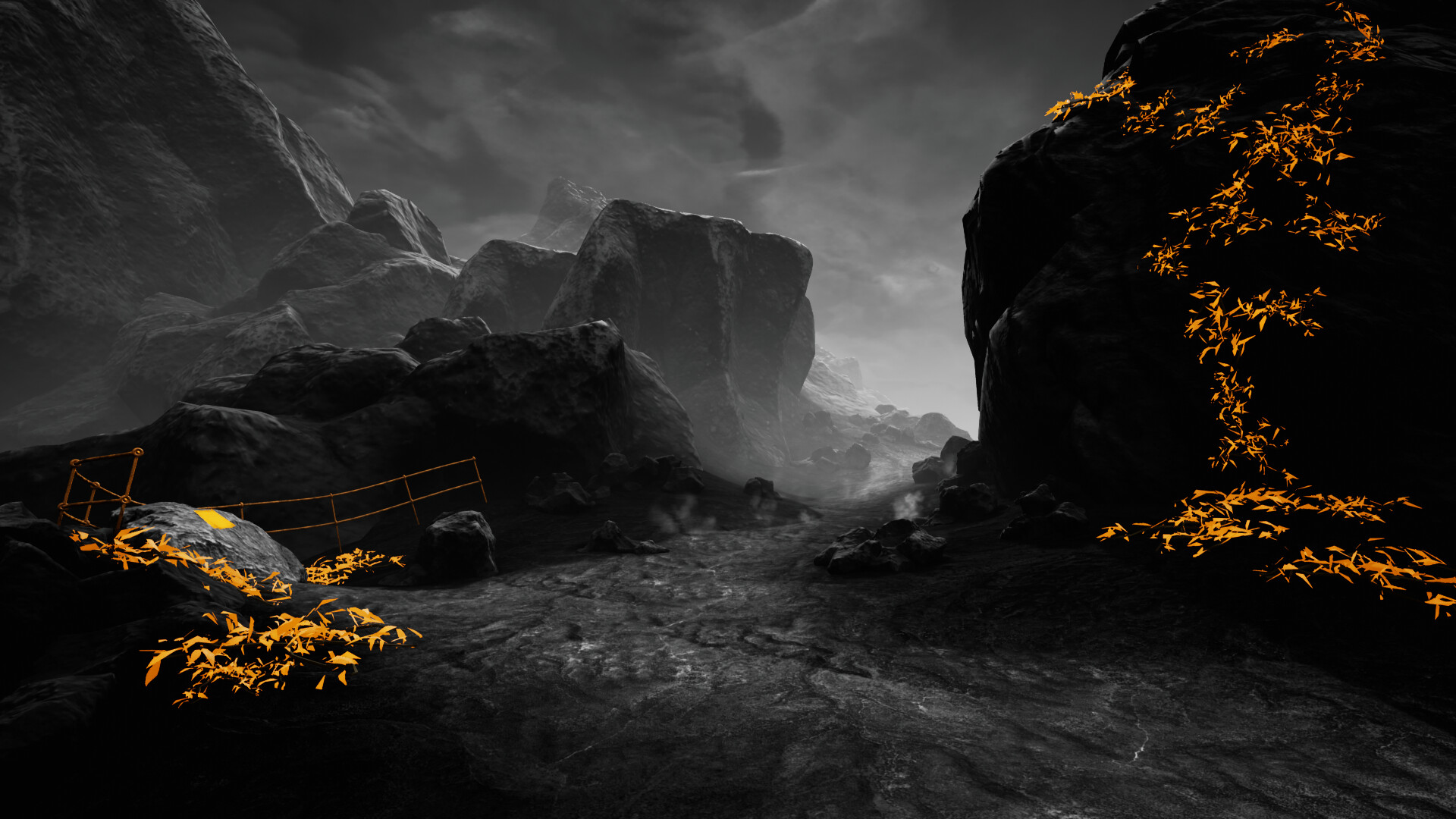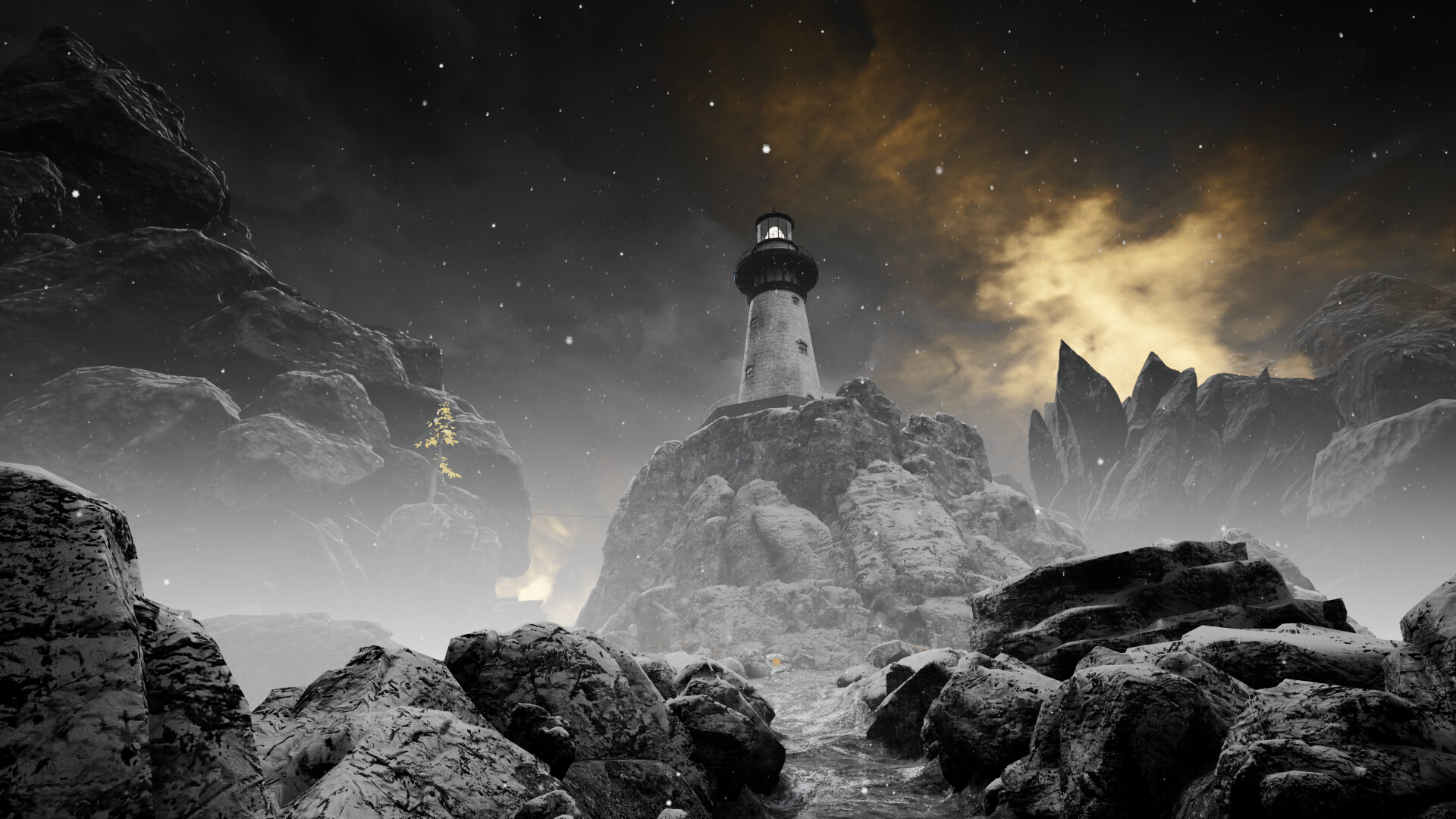Rest is a walking simulator with a dark and beautiful aesthetic where the environment tells the story. Travel to a monochrome world where you will experience an impactful narrative about guilt and loss.
Features
Selective Color Scheme – Rest features a selective color scheme, where the entire world is monochrome, with objects of interest being colored.
Compelling Narrative – Uncover the tragic story of a grief stricken soul.
 Game Title: Rest
Game Title: Rest Store Page: https://store.steampowered.com/app/1100320/
Store Page: https://store.steampowered.com/app/1100320/ Metacritic: https://www.metacritic.com/search/rest/
Metacritic: https://www.metacritic.com/search/rest/ Genre:
Genre:
 Developer: Sleepy Turtles
Developer: Sleepy Turtles Publisher: Sleepy Turtles
Publisher: Sleepy TurtlesUser Rating: 6 0 6 user reviews
 Release Date: 30 Nov, 2023
Release Date: 30 Nov, 2023
Rest-TENOKE
SIZE: 8.85 GB
1cloudfile.com
1fichier.com
doodrive.com
gofile.io
hexupload.net
megaup.net
rapidgator.net
All links are interchangeable. If you cant see the links press CTRL+F5
UPDATE LIST:
- Not found
BASE GAME:
- Not found
- Requires a 64-bit processor and operating system
- OS: Windows 7 (64-bit)
- Processor: Intel Core i5
- Memory: 6 GB RAM
- Graphics: GeForce GTX 670/AMD HD 7870 2GB VRAM
- Storage: 10 GB available space
- Sound Card: Yes
Recommended:
- Requires a 64-bit processor and operating system
- OS: Windows 10 (64-bit)
- Processor: Intel Core i7
- Memory: 8 GB RAM
- Graphics: 4GB VRAM
- Storage: 10 GB available space
- Sound Card: Yes
Languages:English*, Norwegian
*languages with full audio support




Extract. Copy crack. Play.





Yup the day is here. Walking simulator we all knew this would happen sooner or later. LOL.
Lol. We all knew that George has been living under a rock his whole life.
From Wikipedia:
History
The first known walking simulator was an indie game, The Forest, developed in 1978 as an orienteering simulation by Graham Relf for the ZX Spectrum in his spare time. Intended to be based around map-making and navigational skills, it allowed the player to navigate a vast virtual forest. It eventually received a commercial release, and was praised for its originality. A 1980s science fiction successor, Explorer, took place on a forested Earth-like planet and featured 40 billion procedurally generated individual locations, randomly combining graphical components. It also had a rudimentary combat system that allowed the player to shoot arrows at ghost-like creatures, as well as a form of fast travel via teleportation. However, the game was poorly reviewed by most outlets due to its slow pace, calling it more of a tech demo than a fully-fledged video game. Both Explorer and its predecessor were therefore considered commercial failures.[4]
In 2003, [domestic], an art game developed by Mary Flanagan, reused first-person shooter environments to reconstruct a childhood memory of a fire.[5] In 2012, Dear Esther, a walking sim about exploring an unnamed island, was a breakout hit that popularized the modern incarnation of the walking simulator, receiving a large amount of positive critical acclaim.[6] Despite receiving backlash, it was seen as a radical concept.[7] It was directly followed by Gone Home in 2013, The Vanishing of Ethan Carter in 2014, and, later, Firewatch in 2016. Walking sims started to be recognized by critics, with three of the 2016 BAFTA Games Award winners being walking simulators.[6] In contrast to the metaphorical meaning of the term, the upcoming Baby Steps by Bennett Foddy has been described as a literal walking simulator in which the player must directly control the character’s legs.[8]
Walking simulations remain primarily a product of indie game developers. AAA studios have mostly refrained from creating walking sims, although there is a possibility that environments created for standard games could be reused without combat, as in the educational “Discovery Mode” of Assassin’s Creed Origins and Odyssey.[1]